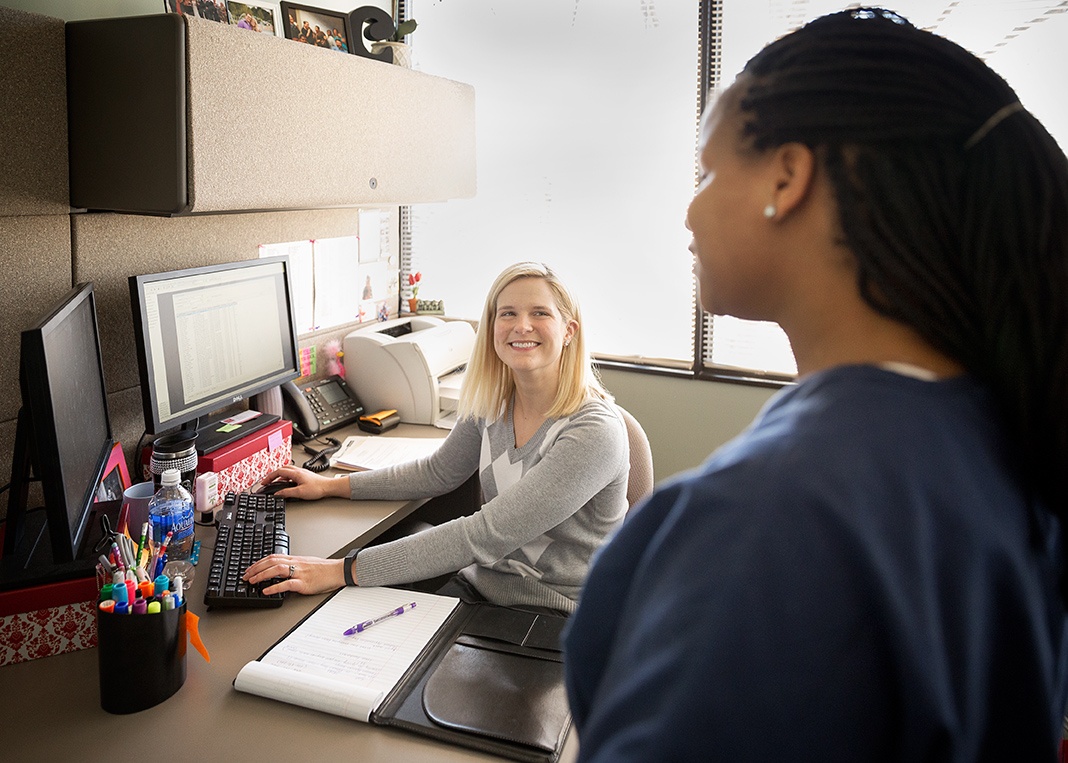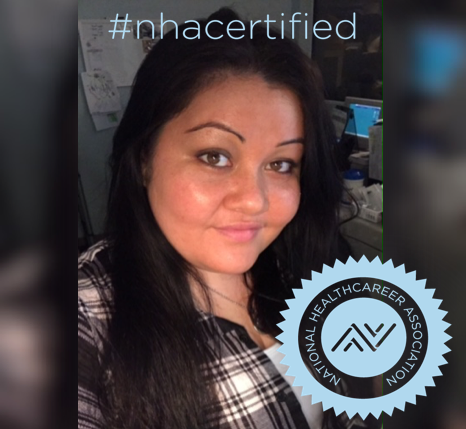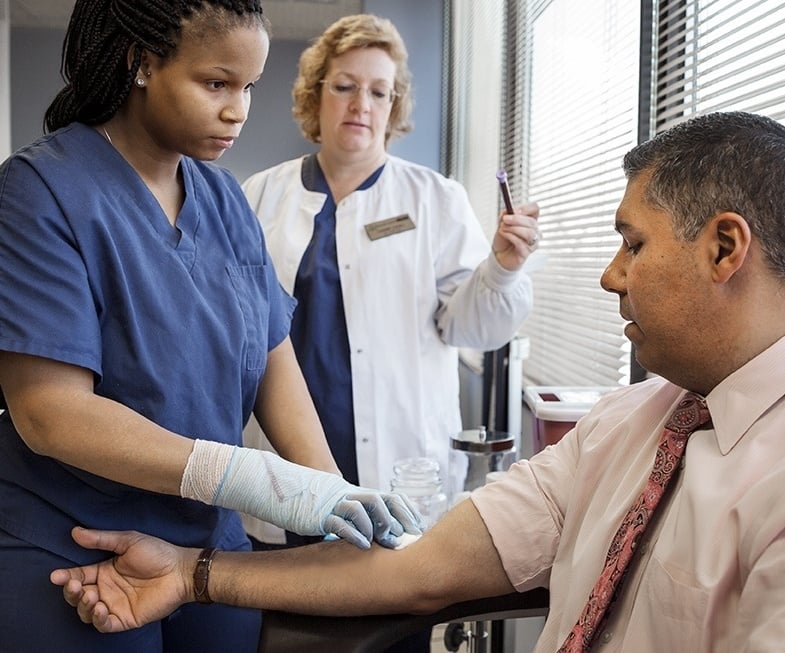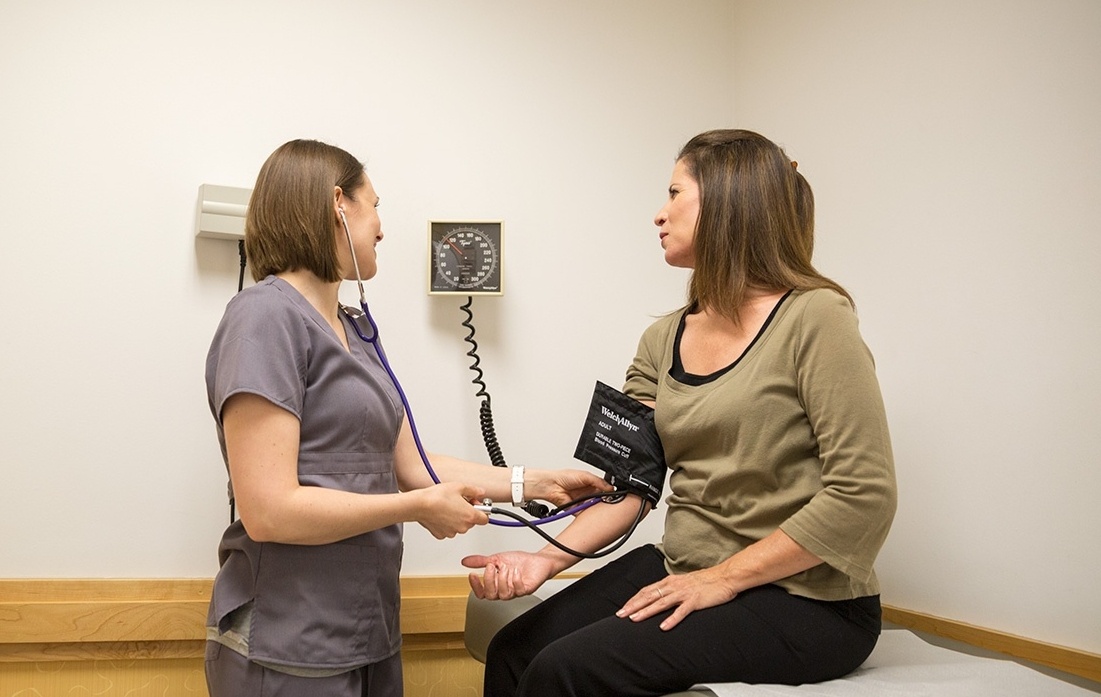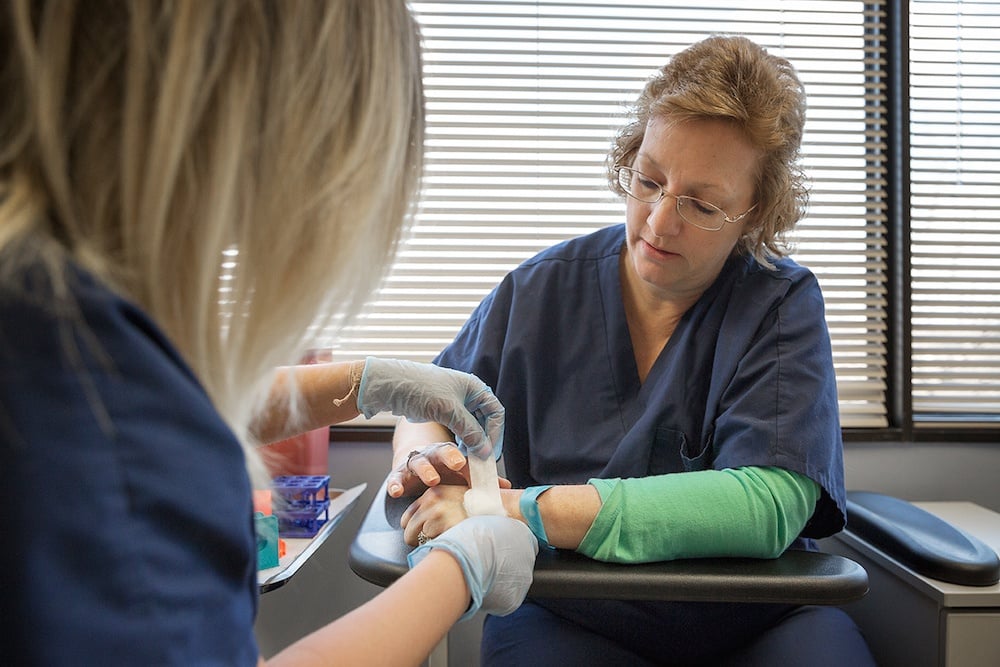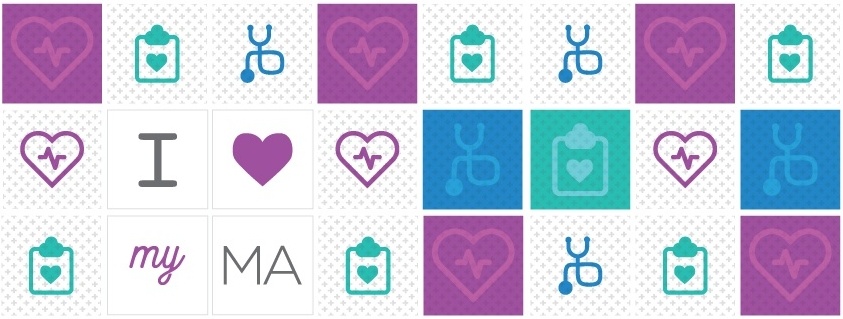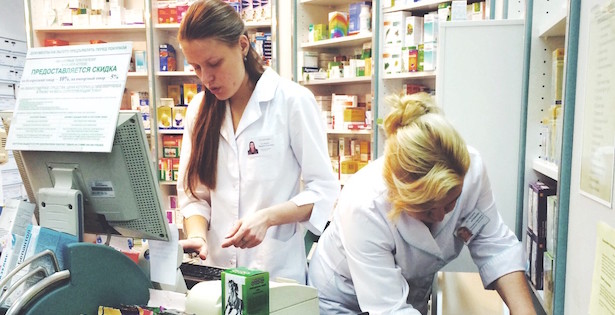A question that comes up often for anyone completing their education or transitioning to a new allied health career is how to get that FIRST job.
Even though there is no “one right way” to land that first job, we’ve pulled together some strategies and actions you can take to demonstrate that you’re the right fit for the job you’re applying for.
Wondering what it’s like to be a certified allied healthcare professional? We asked Nicole (CPT), Rachel (CMAA), and Adelaide (CCMA), why they chose to earn, and maintain their certification.
During CTE, Career and Technical Education, awareness month we are sharing some of the exciting successes that #NHAcertified students and professionals have had during and after their CTE run program.
From a college student making waves to a woman who changed her life with the help of friends and educators, get ready to be inspired by three incredible stories of certified success!
Accurate medical billing and coding
When you're focusing on achieving your allied health career goals, it's easy to forget to refine a very important skills set — the kind that cannot be easily tested or measured: Soft skills.
Soft skills are your personal attributes that help you communicate and relate to your patients and healthcare colleagues. In a field that is focused on care, these skills are especially important as you work toward advancing in your allied health career.
Want to improve your soft skills? Here are five things to keep in mind every day on the job...
When you see dozens or more patients in a single shift, it can be easy to forget that each patient is a person; a person who likely is feeling a lot of uncertainty and vulnerability.
"Allied health" is a bucket term used for many frontline healthcare workers such as medical assistants, pharmacy technicians, billing & coding specialists and more. These professionals are often the first people patients encounter, and play an important role in their overall care experience.
What do you know about medical assisting? Here at NHA, we've watched this allied health career evolve into a profession that's respected and rewarding in so many ways. In celebration of Medical Assistants Recognition Week, here are five things you might not know about medical assisting.
The role of the pharmacy technician is evolving. What used to be a strictly clerical role with desk duties is shifting into areas of greater complexity that require more specialized training and skills.
This creates exciting opportunities for those who are already in the field, or those considering a new career in pharmacy tech. Employers are looking for candidates who have the training and professionalism required for this evolving role, and taking your education seriously can help you work your way up the professional ladder.
Here’s what’s shifting now, and how you can excel during and after this transition.



